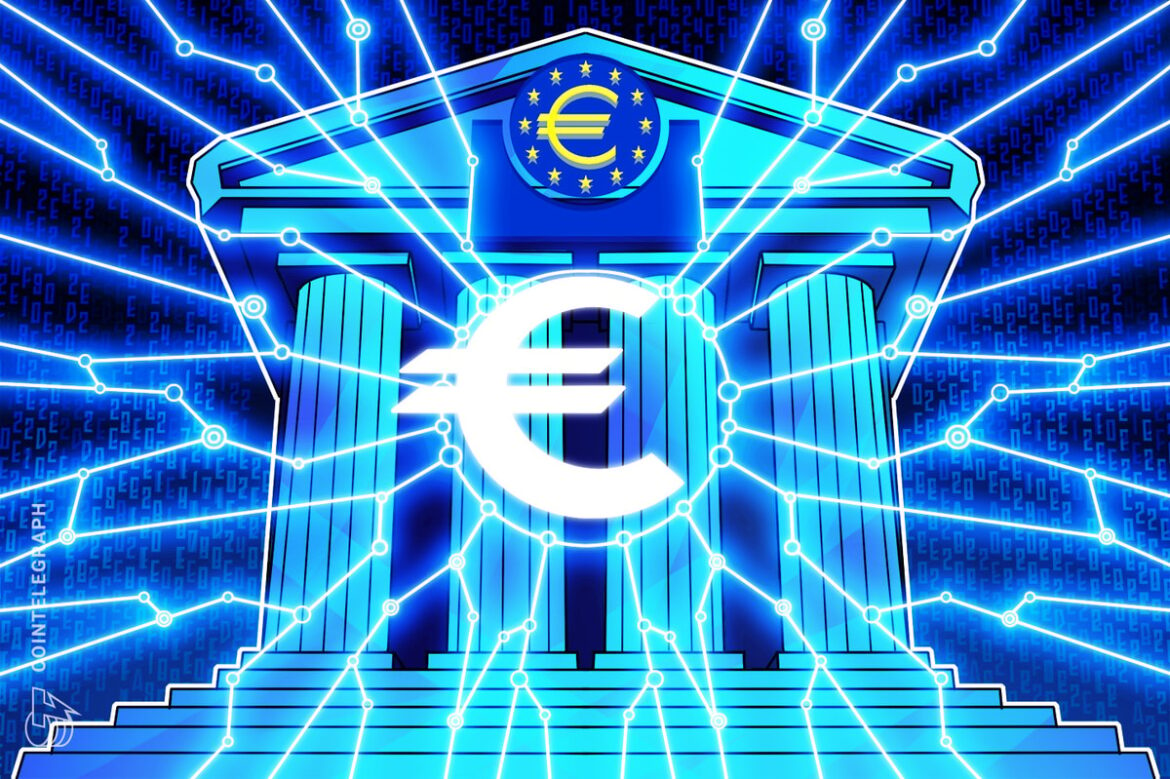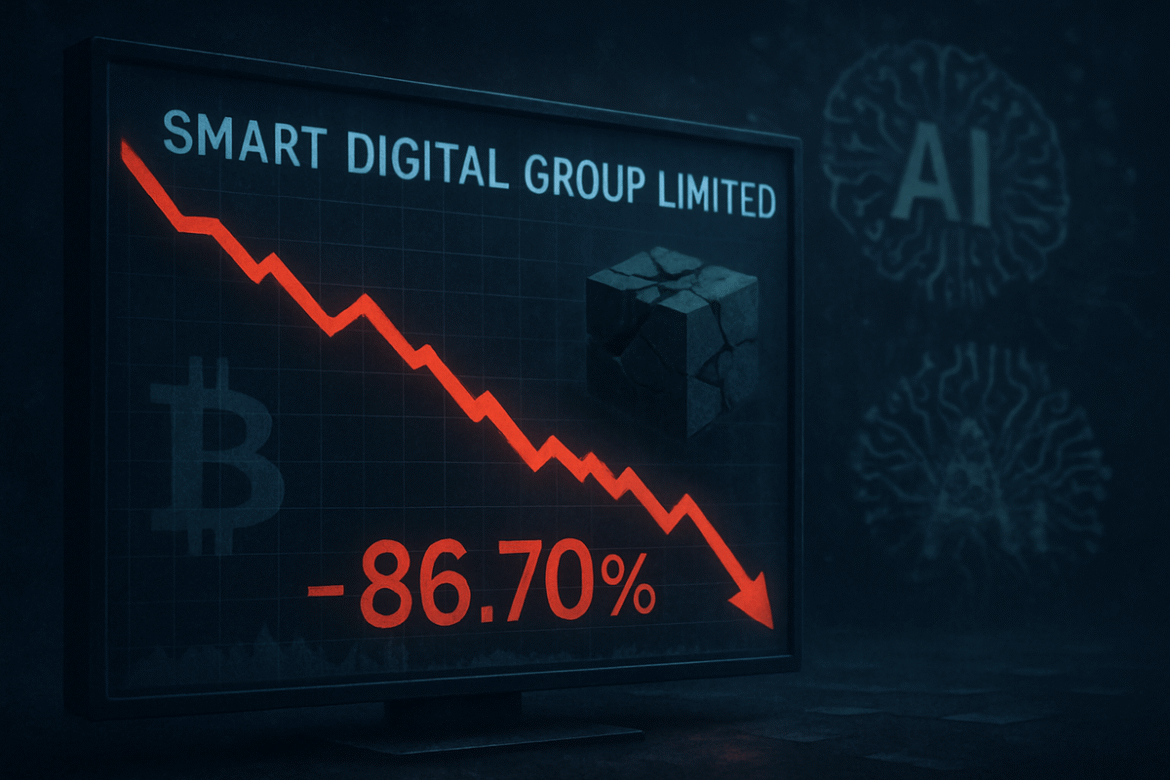Trusted Editorial content, reviewed by leading industry experts and seasoned editors. Ad Disclosure
OnePay, the fintech linked to Walmart, plans to add crypto trading to its mobile banking app later in 2025, according to multiple reports. Sources told news outlets that users will be able to buy, sell and hold Bitcoin (BTC) and Ethereum (ETH) inside the app, a move that would expand OnePay’s lineup of financial services beyond savings and cards.
OnePay To Add Crypto Trading
Reports have disclosed that the crypto functions will be powered through a tie-up with Zerohash, a firm that provides custody and settlement services for digital assets. That suggests OnePay will rely on outside infrastructure rather than build all systems itself.
OnePay was launched in 2021 and is majority owned by Walmart, with early backing from Ribbit Capital, and the company has been steadily rolling out banking features since then.
Partnerships And Product Plans
OnePay is working with Synchrony to relaunch Walmart’s credit card offerings, and Reuters reported a Synchrony announcement dated June 9, 2025, about card programs set to return this fall.
The app also aims to offer savings accounts and buy-now, pay-later options alongside the new crypto window. Users may be given the ability to convert crypto to fiat and then use those funds for purchases in Walmart stores or to pay card balances, though the exact mechanics have not been fully detailed by company spokespeople.
BTCUSD now trading at $122,520. Chart: TradingView
How Much Will Users Get Access To At First?
Several outlets suggest OnePay will start with the two largest tokens, BTC and ETH, rather than a long list of coins. Limits, fees and state availability were not disclosed in the reports, and those details could change before any public launch.
Sources said the rollout is expected sometime later in 2025, with the credit card program arriving in fall 2025, but no firm launch date for crypto trading has been announced.
Regulatory Hurdles And Timing
Regulators at the state and federal level are actively watching crypto offerings from consumer apps, and compliance requirements could shape how quickly OnePay moves.
Based On reports, the company has not publicly filed detailed disclosures tied to the crypto service, and both Walmart and OnePay declined to comment to reporters. That leaves open the possibility of a phased release, restricted to certain users or states at first.
What This Means For Shoppers And Users
If the plan proceeds, Walmart customers who already use OnePay could gain another way to access BTC and ETH without signing up for a separate crypto exchange.
Analysts and users will be watching fees, protections for deposits, and whether the app allows spending crypto directly in stores or requires conversion first.
Featured image from OnePay, chart from TradingView
Editorial Process for bitcoinist is centered on delivering thoroughly researched, accurate, and unbiased content. We uphold strict sourcing standards, and each page undergoes diligent review by our team of top technology experts and seasoned editors. This process ensures the integrity, relevance, and value of our content for our readers.










